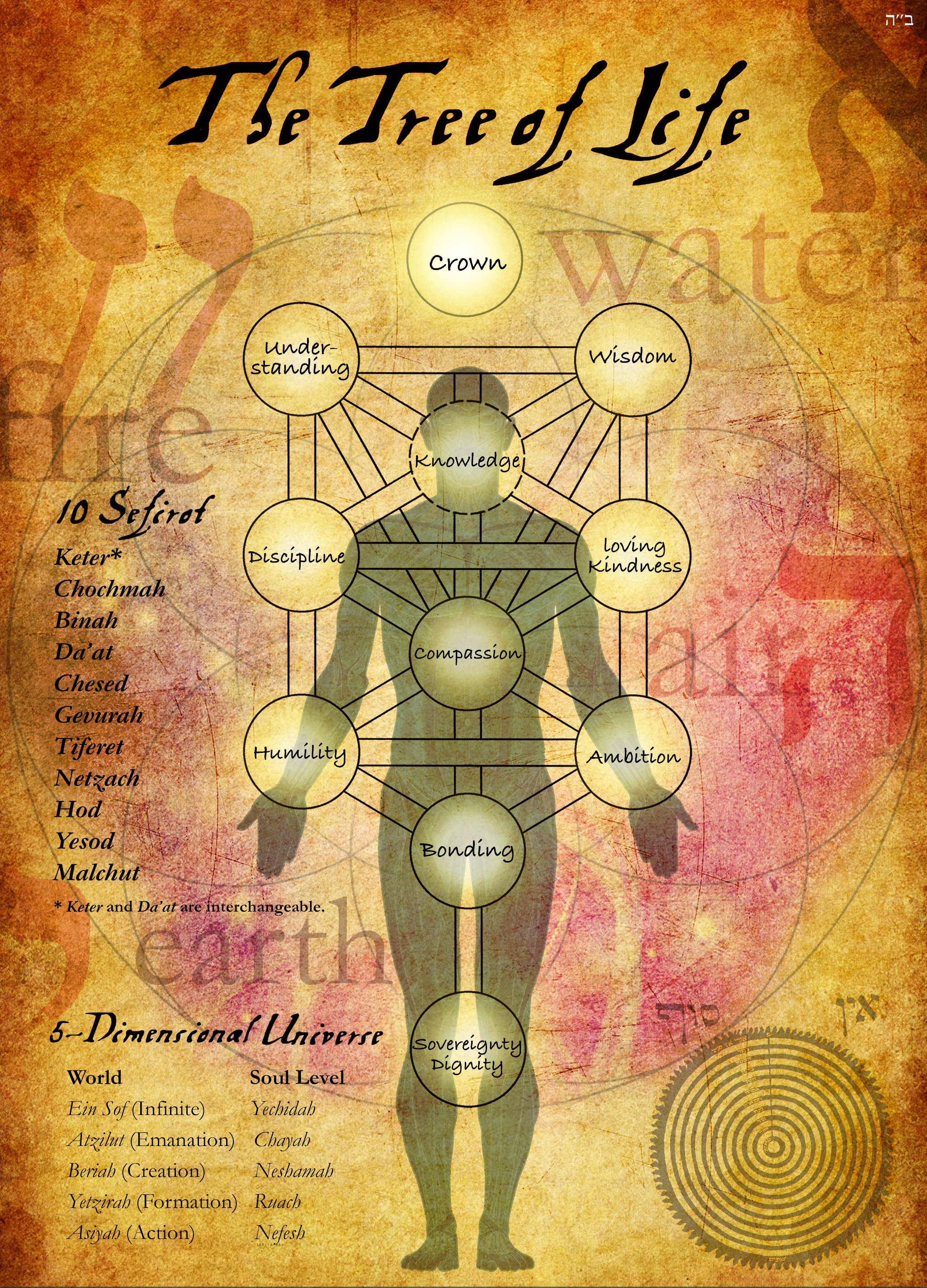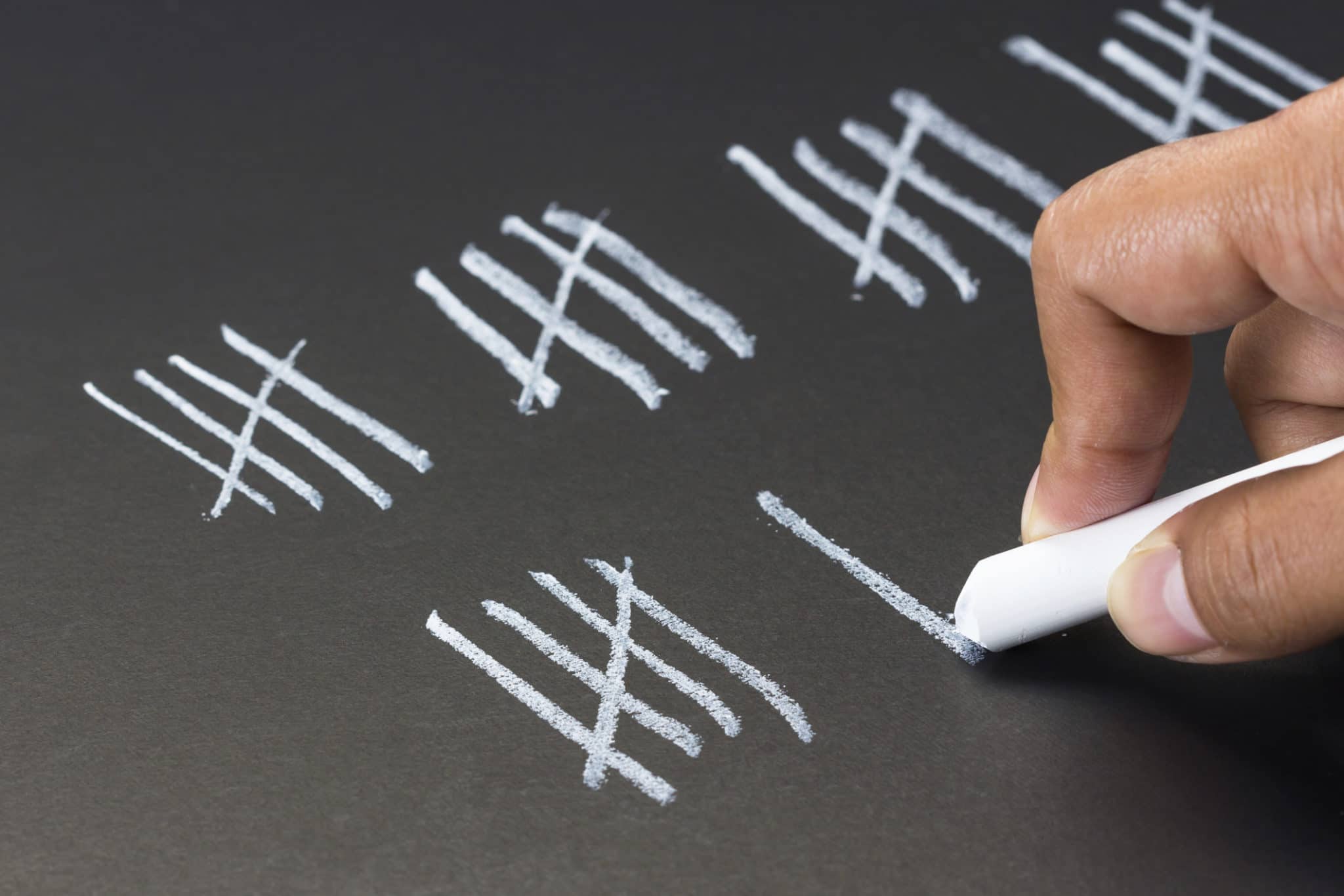Editor’s Note: Simon Jacobson’s article, “Was Moses Orthodox?” received an unprecedented amount of attention. Rabbi Jacobson was flooded with letters and E-mail regarding his short piece. Most were positive. A few were not. A rabbi in Michigan accused Mr. Jacobson of being “sadly mistaken if he thinks that ‘observing the Torah and Mitzvot does not create, eliminate, or alter your inherent soul.'” He also asserted, “There is no question that observance of Torah and Mitzvot provides the only key to communion with the Almighty. Those who consistently choose that path in life are called Orthodox Jews, and the Almighty has consistently stood guard over them these past 3,500 years, protecting them from the wayward byways of a confused, bewildered world.”
What follows is Rabbi Jacobson’s response:
* * *
Instead of fighting with one writer who failed to grasp the point of the initial piece, “Was Moses Orthodox?” let’s take a step back. Rather than trying to determine the validity of “orthodoxy,” we should figure out what, in fact, makes a Jew a Jew?
Is it culture? Education? Observance? Personality? Genes? History? Programming? Anti-Semitism? Chicken soup? The list goes on.
The answer is simple. What makes you human-and most importantly, what makes you a Jew-is one thing and one thing only: your soul, your Neshomo.
In fact, you are your soul, contained in the vehicle of the body. Your soul is shaped by G-d in His own Divine image. This soul is an “inalienable right” of every human being, unalterable and nonarbitrary. Just as G-d is immutable, so too is the soul. Fundamental to Torah thought is that nothing-no action, no behavior-can alter the essential Divine nature of the soul. The soul is eternal; a Jew has a unique Jewish soul.
Even if a person, G-d forbid, sins and transgresses, there is always the hope for teshuvah (atonement). Maimonides wrote, “The Torah assures that at the end of golus (exile) Jews will ultimately do teshuvah.” Even if one does not atone, the affect of his behavior is on his body and the relationship of the body to the soul; not on the soul. There is, unequivocally, no such thing (in Judaism) as eternal damnation of the soul.
This is not an opinion or a viewpoint, but a fundamental component of Jewish faith-faith in the immortality of G-d and the Divine soul, and absolute belief in the realization of G-d’s plan for existence. Judaism teaches that evil is transient and good is eternal. Good must and will prevail. This is the entire basis of our belief in the Messiah and redemption: that the world will realize the purpose for which it was created. Anything less questions the validity of G-d Himself.
The well-known statement from Hillel reads, “Love all creatures, and bring them close to Torah.” When Hillel uses a seemingly strange expression, “creatures” instead of “people,” he is reminding us somewhat arrestingly that even if a person has no apparent quality or virtue, he must be loved by the mere virtue of being G-d’s creature; G-d chose to create him or her and that is the greatest reason to love one another. We therefore love everyone unconditionally, including a criminal and someone who is not living up to his calling.
It does not stop there. True unconditional love also means that you want the best for your beloved. Thus Hillel continues: “And bring them closer to Torah.” Love for your fellow man dictates that you do everything in your power to inspire and motivate him to live up to his greatest potential. I may therefore disagree with another Jew’s behavior or choices, but I never disagree with the person. I embrace him as my brother, both of us children of G-d.
Now let us once again consider the question of Moses’ religious “affiliation.”
The word “orthodox” has been politicized and bureaucratized. To most secular people it does not mean “Torah observant” and “G-d- fearing Jew.” It means a “political party,” a “dogmatic minority” that wants control and power, and imposes its will on others. For better or worse, this is the way “orthodoxy” has been “spun,” and this is its image in many people’s minds. They do not see Orthodox Jews as G-dlier people.
Who can say that they are wrong? How many Jews have been “turned off” of Judaism for legitimate reasons, escaping religiously oppressive homes, experiencing deep alienation in synagogues and with rabbis who are bureaucratic, punitive, angry, hypocritical or even abusive, all supposedly in the name of “orthodoxy” and fulfilling “G-d’s Will.” These rabbis miss the point, following the letter of the law while missing its spirit.
“Orthodox” often implies inflexible and stagnant. In truth, halacha (Jewish law) also means halicho (motion), as it is a dynamic and live system. Not a throwback to archaic times, but a vibrant approach to life, and one that continues to play infinitely new combinations of Divine music, using the same “musical notes” of our holy ancestors.
Nowhere in the Torah is there any mention of the word “orthodox,” or in fact “reform” or “conservative.” The denomination called “Orthodox Jewry” was created only after the birth of the reform and conservative movements in order to contrast between them. So again we ask, was Moses an “Orthodox Jew?” No. Because man-made labels and definitions have no place in a relationship between our souls and G-d.








Very Interesting
Beautiful–the first time I have seen someone else explain why I dont call myself orthodox, but just Jewish. Loving and understanding–thank you!
Absolutely Beautiful!!!! Thank you!!! 🙂
A wonderful and very interesting article, but i have one question.
How do i know if i have a Jewish Neshama or not?
Thank you so much for writing this. If people would get this deep in their neshama we would have a better world.